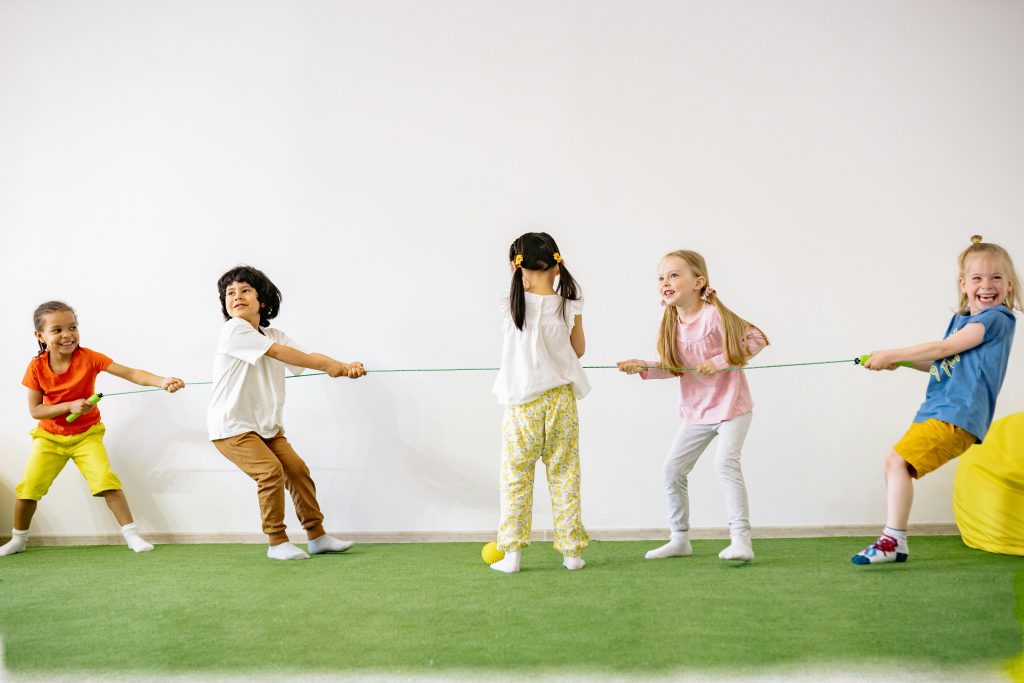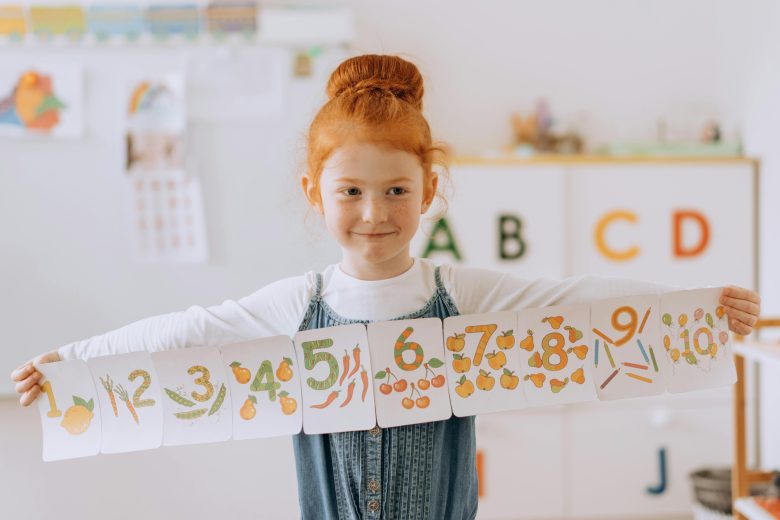Education in Indonesia has always been a subject of vibrant debate, especially regarding reforms and innovations. Recently, President Prabowo Subianto stirred up discussions by proposing that mathematics should be taught starting in kindergarten. While his statement has sparked various reactions from citizens, academia, and influencer, it raises crucial questions about early childhood education and how foundational skills should be approached in Indonesia’s curriculum.
Prabowo’s rationale is clear: mathematics is pivotal to the development of science and technology in Indonesia. As a fundamental skill, mathematics shapes logical thinking and problem-solving abilities essential for tackling complex challenges. This vision aligns with global trends prioritizing STEM (science, technology, engineering, and mathematics) education to prepare young generations for an increasingly technological world.

In Indonesia, early childhood education emphasizes play-based learning, focusing on social skills, emotional intelligence, creativity, and basic literacy. Mathematics is typically introduced in primary school, once children have developed the cognitive skills necessary to grasp abstract concepts. Understanding how kindergarten-aged children learn is essential when considering such curriculum changes.
Doris Fromberg, in her TEDxMiamiUniversity talk, emphasized that young children acquire knowledge through physical experiences, interactions, imagination, and emotions. According to Piaget’s Stages of Cognitive Development, kindergarten-aged children (2-7 years old) are in the preoperational stage, where they primarily use symbols to represent words, ideas, and images and often engage in pretend play. Fromberg highlighted that pretend play improves social competence, language development, IQ, and problem-solving skills. These insights underscore the importance of developmentally appropriate practices in early education.

Teaching mathematics to young children doesn’t have to revolve around numbers and formulas. Instead, it can focus on cultivating mathematical thinking in enjoyable, stress-free ways. Mathematical thinking involves analyzing, reasoning, and solving problems through logical connections and patterns. Key skills include sorting, classifying, drawing inferences, asking questions, generating ideas, and evaluating outcomes. These subskills are essential for fostering critical thinking and creativity.
Mathematical thinking can also be integrated into daily activities through imaginative play. For example, a pretend animal rescue center can teach children valuable skills without focusing on numbers. Children can sort toy animals by habitat or size, fostering classification and information processing skills. They can solve problems, such as figuring out how to care for injured animals, which encourages logical reasoning. Through role-play as researchers, they can explore animal habitats, developing curiosity and inquiry skills. Creating enclosures for the animals inspires creativity and innovation, while reflecting on their choices teaches evaluation and critical thinking.
Such activities demonstrate that mathematics can be introduced in a way that aligns with children’s natural learning methods, engaging them in meaningful contexts. These approaches highlight the value of nurturing mathematical thinking early while respecting developmental needs.
Prabowo’s proposal highlights the importance of rethinking how mathematics is introduced in early childhood education. Teaching mathematics is not merely about mastering numbers; it is about fostering critical thinking, creativity, and problem-solving skills. By integrating mathematical concepts into play-based activities and real-life scenarios, children can develop these abilities in a manner that is both developmentally appropriate and enjoyable.
The debate over mathematics in kindergarten serves as a reminder that education reform must consider the holistic development of students. This is an opportunity to reimagine an inclusive and dynamic education system that nurtures logical reasoning, curiosity, and innovation from an early age, equipping Indonesia’s youth to thrive in an ever-changing world.
